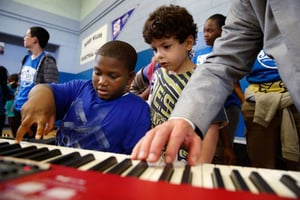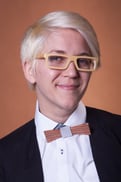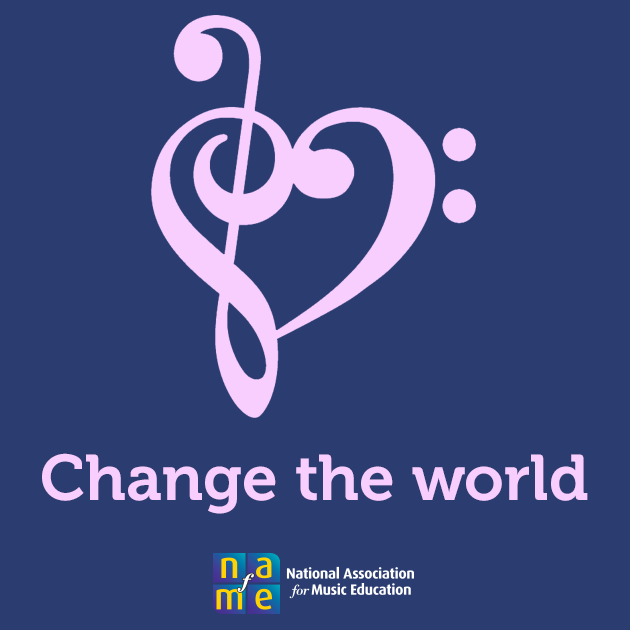For 30 years March has been designated by the National Association for Music Education (NAfME) as Music in Our Schools Month. It is intended to “highlight the importance of comprehensive, sequential music education taught by exemplary music educators for all through concerts, lessons, and public performances and advocacy activities.” The designation has continued to garner public and media attention, from community concerts to VH1’s multi-million dollar “Save the Music” campaign.
It’s the exciting time of year when my Facebook and Twitter feeds are flooded with blog posts, shares, tweets, and links to research studies demonstrating the impact of music education on academic achievement. Perhaps you've seen on your own newsfeed this article on Upworthy (“Here’s Why Musicians Have Better Brains”); or this one (“Science Just Discovered Something Amazing About What Childhood Piano Lessons Did to You”); or maybe a few links to articles in PloS One or the Journal of Neuroscience.
It’s intriguing, and it’s true: music education is persistently linked to higher IQs, larger vocabularies and better verbal skills; advanced reading levels; higher attendance and graduation rates; and increased likeliness to pursue post-secondary education — and these are benefits that are blind to socioeconomic differences.
This is great news for arts advocates like myself, but we must be careful not to value music only for its ties to other academic subjects. To do so leaves little room for consideration of the social, civic, and moral complexities of music education. Studying music engages students in a deeper understanding of the world beyond provable certainties. It provides them with imaginative ways to perceive, think, feel, and interact; and perhaps most importantly, art and music education programs give students the opportunity to find and raise their verbal and nonverbal voices — a component of systematic education that most often evades minority students.

As someone whose scholarly and personal interests focus on two minority groups (LGBTQ youth, and socioeconomically disadvantaged students), this is the aspect of music education that I find most valuable; but the unquantifiable nature of such ideology often displaces it from conversations concerning music education advocacy and reform.
This month is the perfect opportunity to develop and deepen that conversation, and I encourage you to participate in and engage with it. Read, share, listen — change your profile picture, use the hashtag (#MIOSM30)!, & check out the resources and school grant opportunities at www.vh1savethemusic.org.
| This post was written by Wells Fargo Point Scholar Brittney Balkcom |
 Brittney earned a Bachelor of Arts degree from the University of North Texas, and a Master of Music degree from the Longy School of Music of Bard College. Her Master’s thesis, “The Creative Response to Homophobic America: Gay American Composers of the 20th Century,” examines how music changed an oppressed community, and how that community changed music. Brittney earned a Bachelor of Arts degree from the University of North Texas, and a Master of Music degree from the Longy School of Music of Bard College. Her Master’s thesis, “The Creative Response to Homophobic America: Gay American Composers of the 20th Century,” examines how music changed an oppressed community, and how that community changed music.
Brittney has appeared as a soloist and guest artist at various colleges and festivals, and she has performed and recorded with many Boston-based ensembles.
Learn more about Brittney here or visit her website or Facebook.
|

